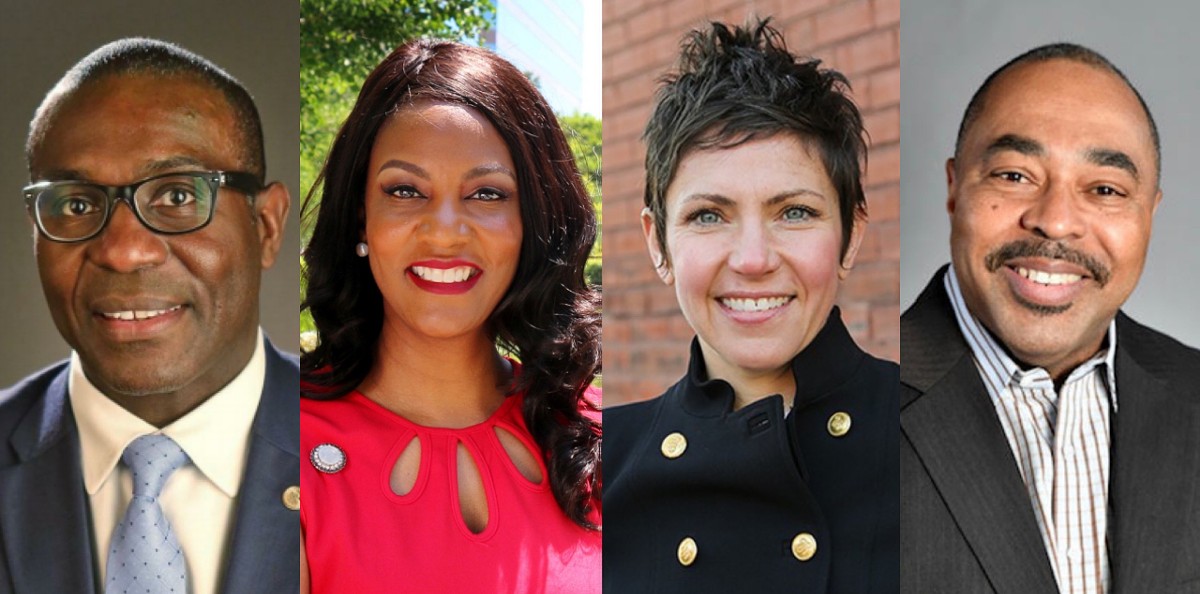Politics in St. Louis can mean many things — frustrating things, mostly — but until now, there had always been perfect clarity about what it meant to win the primary, or first round, of a local election: It meant everything.
That's because the city's elections are like a joke that everyone's in on, all setup and no punchline. Only one party exists in the city as a serious political or governmental force, meaning all battles of policy take place inside a Democratic tent that has its own bounds of left, right and center — alignments that at times only vaguely resemble their national counterparts.
On paper, the city maintained a two-stage election process, with voters winnowing the field in the primary to one candidate per party, followed by the finalists battling it out in the general.
Functionally, though, the election ended at the primary with the Republican candidate serving as little more than an afterthought in the general election. That's how you get nine Democratic mayors of St. Louis going back more than half a century. The last Republican mayor left office in 1949. In 2001, when former mayor Francis Slay won his first term, he beat his Republican opponent with 87 percent of the vote and spent the next three consecutive elections walloping Green Party candidates by huge margins.
So the partisan farce of the general election has gone on for decades — but in 2021 that system is gone, replaced with two-stage "approval voting" system that adds a new instruction to the ballot: "Vote for AS MANY names as you approve of in each race."
On March 2, for the first time in the city's history, a new kind of election will end with the top two vote-getters going head-to-head in a runoff on April 6. Also a first: There are no Democrat or Republican identifications on the ballot. Party labels have been erased, resulting in a non-partisan showdown for the leadership of a deep blue city whose voters went 82 percent for Joe Biden.
No such landslide is expected here. Three candidates — Lewis Reed, Tishaura Jones, and Cara Spencer — are established characters in the Democrat-controlled city government. Andrew Jones, a business development and marketing executive for a local energy company, ran for mayor in 2017 as a Republican and was roundly defeated by Democratic primary-winner Lyda Krewson.
In November, Krewson opened up the race when she announced she would retire from politics after the end of her term. Now, for the second consecutive election, St. Louis is guaranteed a brand-new mayor and administration.
The stakes couldn't be higher: Between historic homicide counts, dwindling population, an imperiled school system and jails in crisis, St. Louis is at a crossroads of critical junctures. In separate interviews with the Riverfront Times, all four candidates detailed their visions for a city bursting with problems and potential — while making the case for why voters should approve them on the March 2 ballot.
No one knows for certain what this untested, unprecedented primary will produce. What it will mean, then, is up to you.
— Danny Wicentowski
Read on to meet the candidates.


